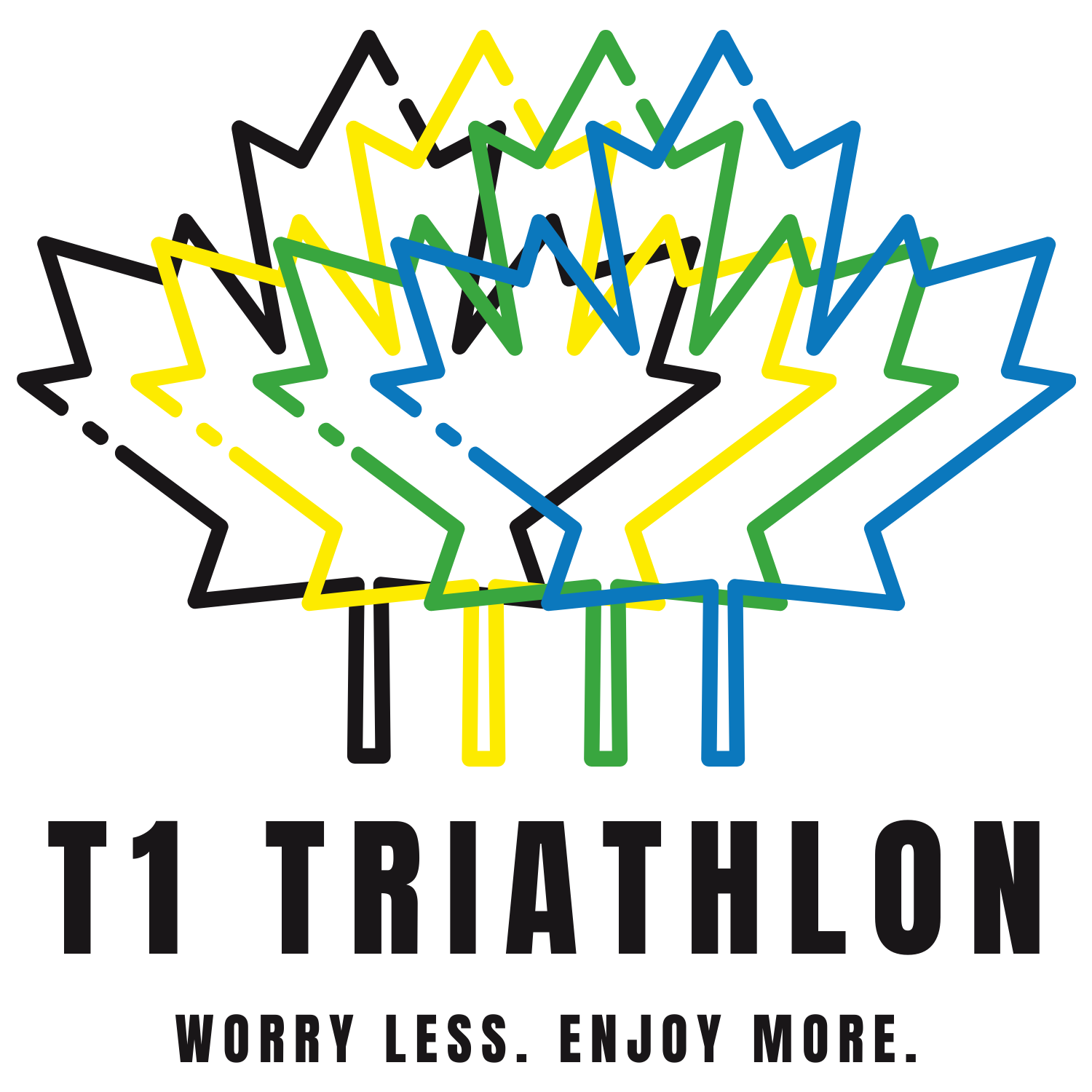The end of a racing season can be a stressful and confusing time when athletes are unsure what to do next. This is a critical time of year when an athlete can make big decisions that will affect the next season’s racing and results. Rather than filled with stress, triathletes should spend this time of year full of excitement for the upcoming months of preparation and hard work.
Here are some simple ways to make a huge impact on your training season and start it off in the right direction.
Read More












